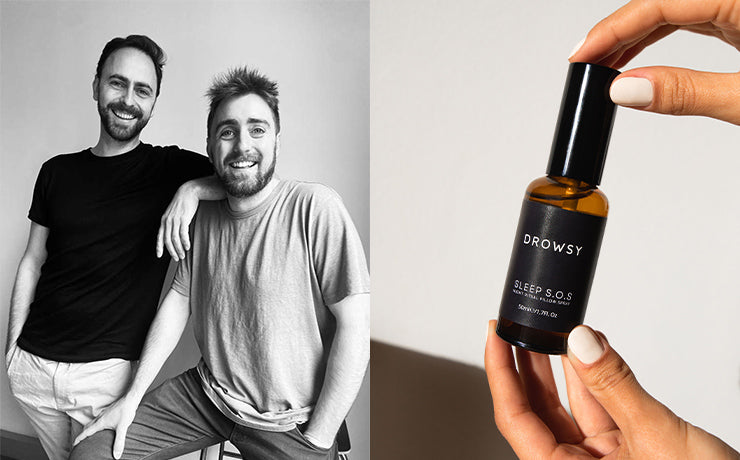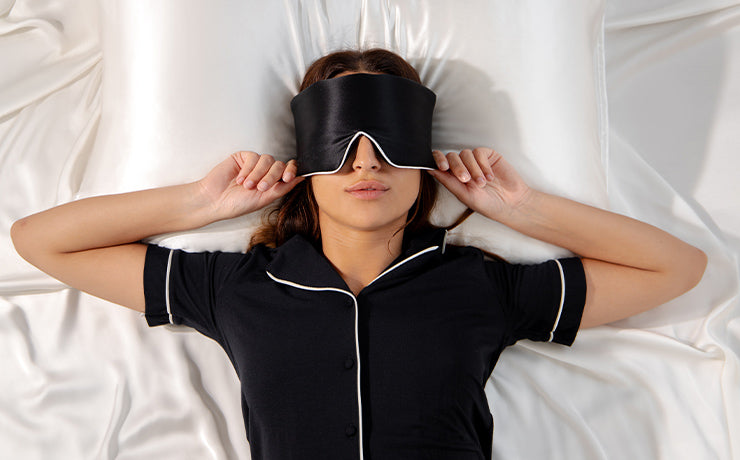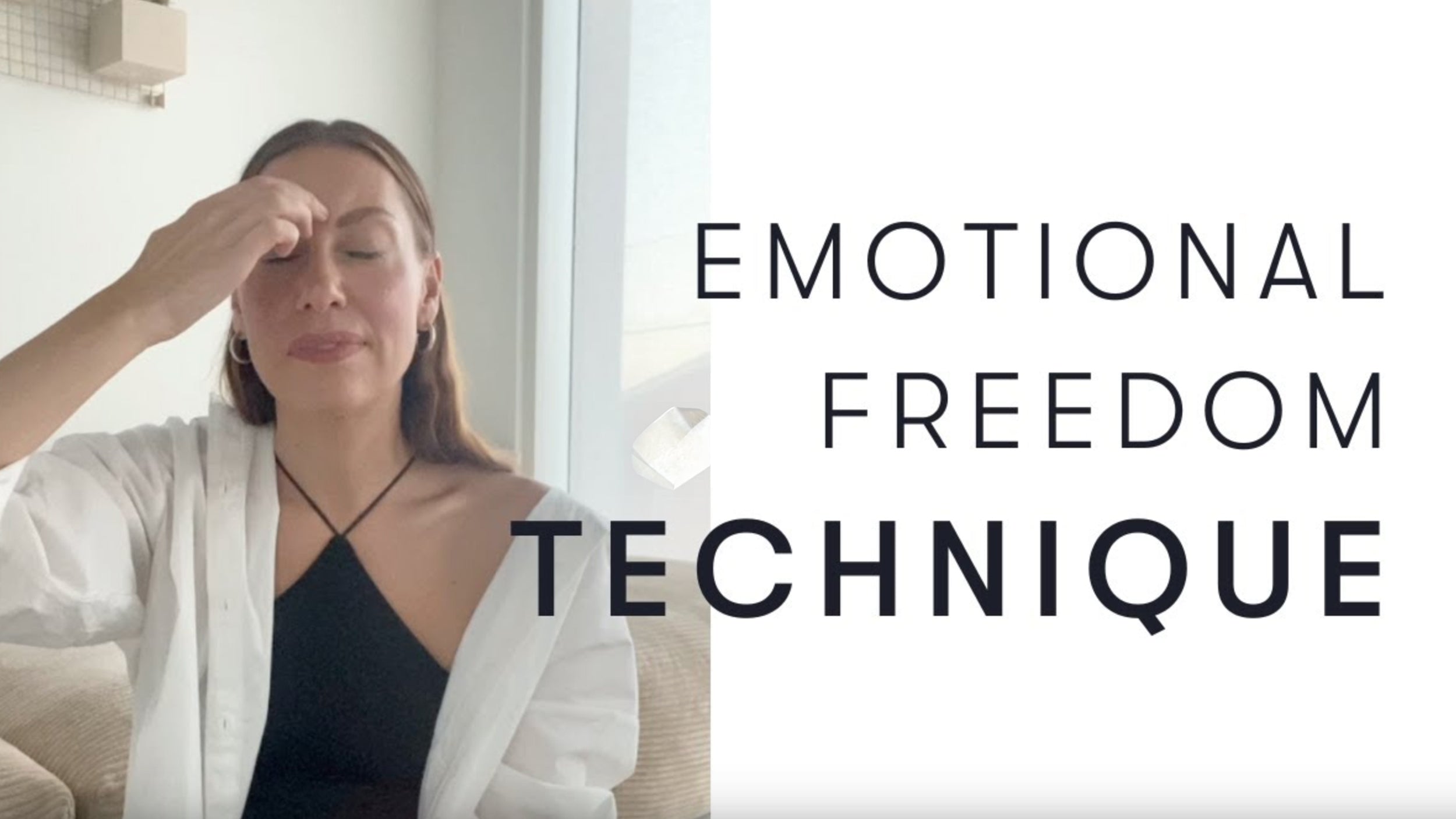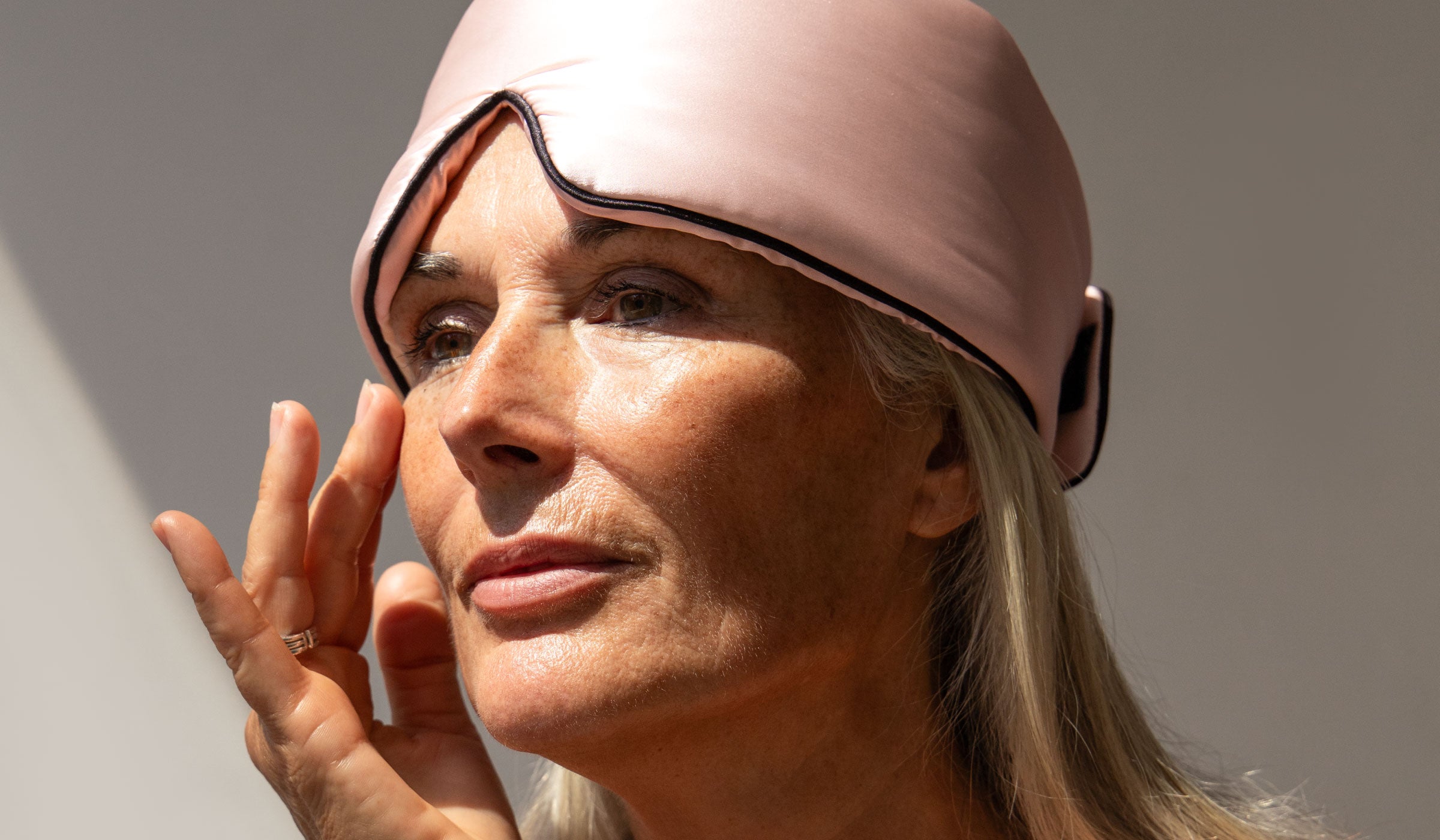Why DO we sleep? The answer is bigger than you think
Here at Drowsy, our devotion to the marvel that is sleep is crystal clear. Thus, delving into neuroscientist and sleep guru Matthew Walker's perspective in his book 'Why We Sleep' thrilled us to no end. This comprehensive tome explores the very essence and advantages of sleep, tapping into extensive research, biology, and evolutionary insights to elucidate the indispensable nature of slumber.
Spoiler alert: It is a key indicator of health and longevity, and Walker starts with a clear message of sleep less, live less. But it’s not all dire – there are plenty of insights and takeaways that’ll help us get the most out of life, with healthy sleep. Here’s a summary:
Why do we sleep: small question, big answer
Walker begins by sketching a rather dire portrait of the consequences of inadequate sleep on our well-being. However, he swiftly transitions to portraying sleep as the "Swiss army knife of health," encapsulating its multifaceted benefits. Let's delve into the scientific realm of sleep.
Resetting Mode: According to Walker, sleep stands as the paramount method to reset our brain and body health daily. It's during sleep that recovery and regeneration occur, making it indispensable for sustaining our overall health.
In Tune with Nature: Our bodies adhere to a natural cycle, orchestrated by our circadian rhythm and regulated by melatonin. Light signals wakefulness, while darkness prompts sleepiness. This rhythm works alongside adenosine, a chemical that heightens our urge to sleep throughout the day. Thus, when bedtime arrives, our inclination for wakefulness is at its lowest, and our "sleep drive" is at its peak. Resisting this biological imperative means disregarding our body's fundamental needs.
Diverse Phases of Sleep: Human sleep encompasses both REM (Rapid Eye Movement) and Non-REM stages. Non-REM sleep aids in memory consolidation and tissue repair, while REM sleep is crucial for emotional well-being and creativity. Additionally, REM sleep facilitates dreaming—an essential mechanism for processing stress, enhancing emotional intelligence, and problem-solving.
The Consequences of Sleep Deprivation: Given the significance of sleep, it follows that sleep deprivation or accruing a sleep deficit—wherein you consistently obtain less sleep than your body requires—can counteract these benefits. Attention and concentration suffer, emotional reactivity escalates, and the risk of cognitive disorders such as Alzheimer’s amplifies. Physically, the repercussions are equally profound, heightening the likelihood of heart disease and diabetes while diminishing fertility and athletic performance.

What can we do to get good sleep?
There exist numerous elements influencing our sleep over the course of our lives. From the needs of children to the disruptions caused by travel and environmental noise, and the hormonal fluxes associated with menopause – these factors can significantly impact our rest. While many are beyond our control, there are certain aspects within our grasp that wield considerable influence.
Illuminate wisely. Nighttime exposure to artificial light, particularly emanating from screens, has the potential to disturb our innate sleep patterns and diminish sleep quality. Notably, blue light stands out, as it suppresses melatonin levels twice as effectively as warmer hues.
Discovering the Optimal Temperature. Our bodies rely on the subtle shifts in temperature across the day to guide our sleep patterns – cooler temperatures signal the onset of nighttime and encourage rest. By mirroring the natural fluctuations of external temperatures within indoor environments, we fortify our circadian rhythms, ensuring their robustness.
Moderate your intake of caffeine and alcohol. Caffeine can interfere with your body's natural sleep signals by blocking adenosine receptors, while alcohol, although initially sedative, disrupts sleep patterns, leading to fragmented sleep cycles and inhibiting crucial REM sleep.
Prioritize a balanced diet. Consuming an excess of carbohydrates in the evening has been associated with decreased Non-REM sleep and heightened chances of nocturnal awakenings.
Stick to a routine. According to Walker, the circadian rhythm is a mechanism designed to synchronize us with the earth’s 24-hour cycle. Sunlight serves as the most reliable cue, ensuring our bodies maintain a rhythm and our sleep follows a consistent pattern.
Respect your inherent rhythm. Walker highlights the evolutionary roots behind individuals' tendencies to stay up late (night owls) or rise early (morning larks). This preference likely evolved to minimize the group's vulnerability to predators during the night, with a balanced distribution of sleep patterns ensuring that only a brief period left the entire group susceptible while asleep.







